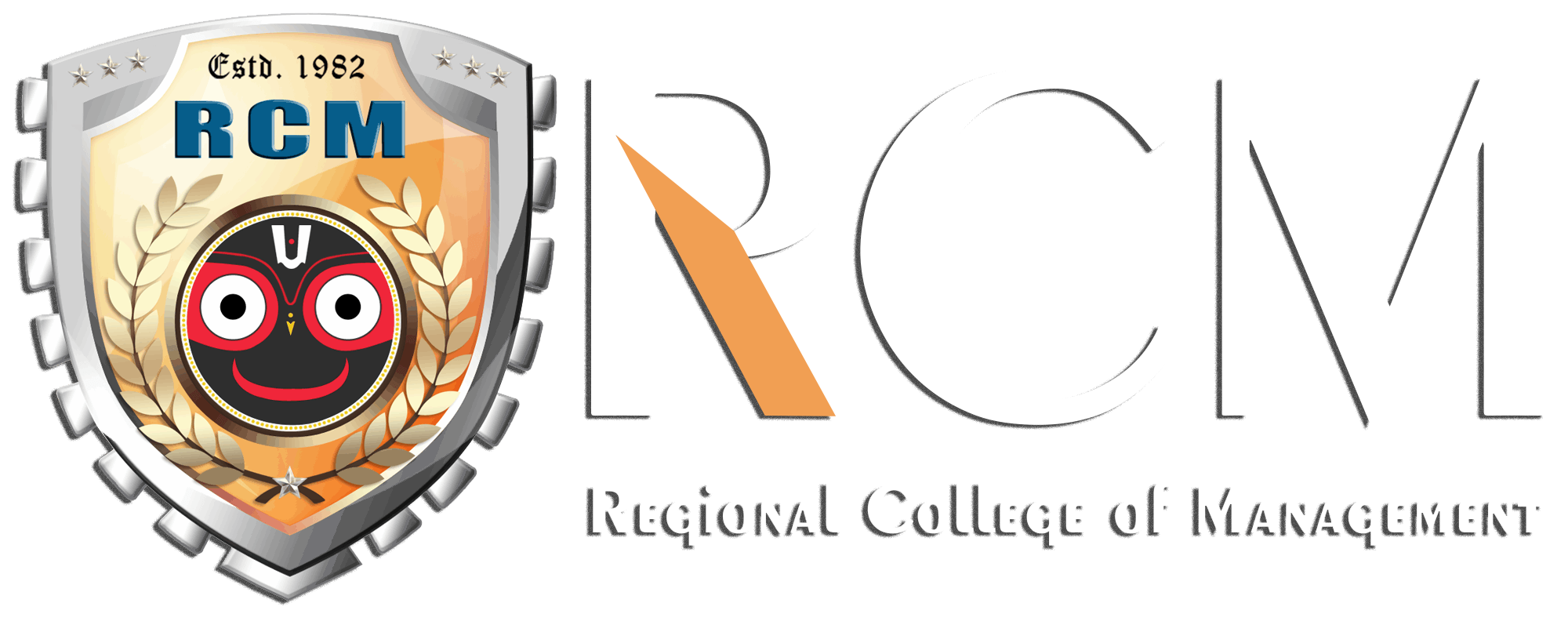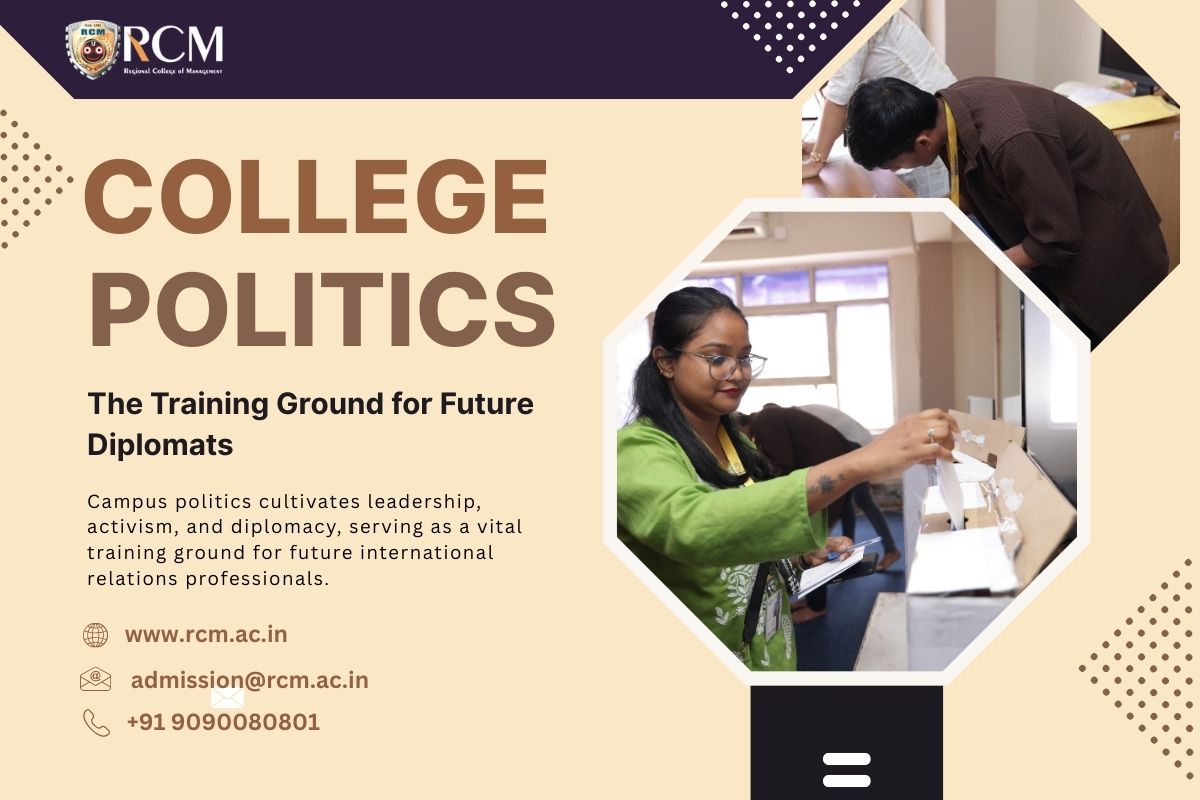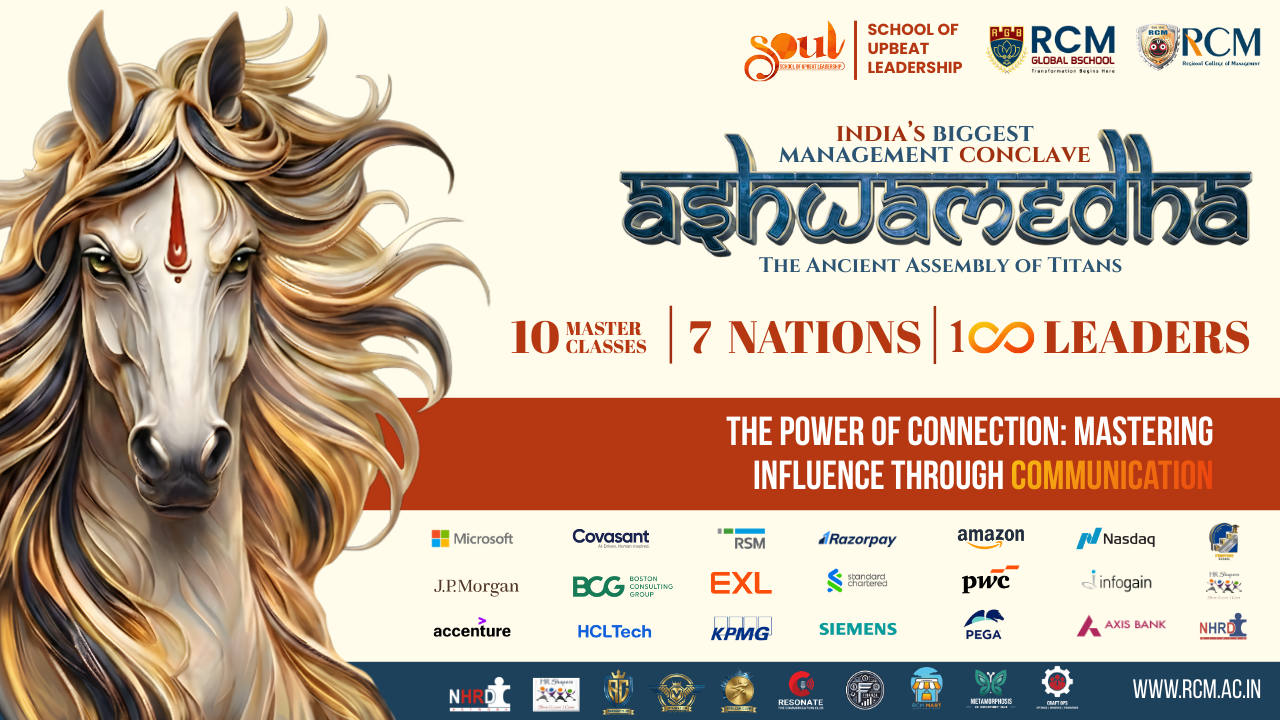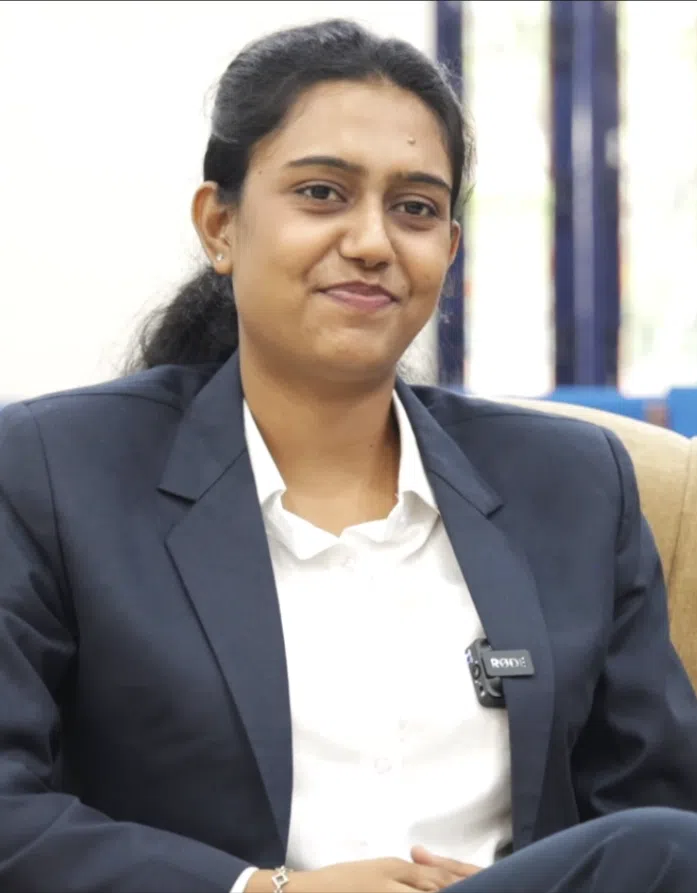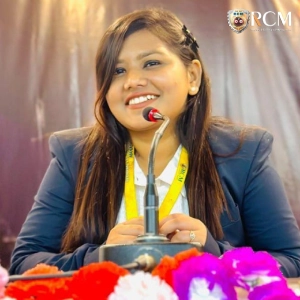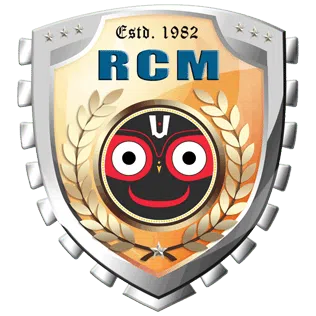Introduction
Politics has always played a crucial role in shaping societies, and college campuses are no exception. College politics serves as an incubator for leadership, activism, and policy-making, offering students a firsthand experience of governance, negotiation, and decision-making. For many aspiring diplomats, student politics becomes the first arena where they develop skills in debate, diplomacy, and crisis management—key traits required in the global political landscape.
This article explores the significance of college politics in shaping future diplomats, the benefits of engaging in campus political activities, and how student governance serves as a stepping stone toward a career in international relations.
The Role of College Politics in Leadership Development
Many of today’s world leaders and diplomats began their political journeys in student organizations, university elections, and activist groups. Institutions of higher learning serve as microcosms of the real-world political environment, providing students with opportunities to engage in policy-making, governance, and leadership.
1. A Practical Understanding of Governance
Engaging in college politics allows students to grasp the fundamentals of governance. Student government bodies operate similarly to real-world political institutions, with elected representatives, decision-making committees, and policy implementation strategies. Those involved in student governance experience:
- The process of campaigning and public engagement.
- Decision-making on behalf of peers.
- The negotiation and resolution of conflicts.
- Managing budgets, events, and institutional policies.
This hands-on experience prepares students for careers in diplomacy, politics, and international affairs by providing them with early exposure to bureaucratic processes.
2. Enhancing Public Speaking and Debate Skills
Public speaking is an essential skill for diplomats, and college politics offers an ideal platform for students to refine their communication abilities. Participating in debates, speeches, and rallies teaches students how to:
- Articulate ideas convincingly.
- Present arguments logically and persuasively.
- Engage in meaningful discourse with opponents.
- Handle criticism and opposition diplomatically.
These skills are invaluable in diplomacy, where clear and effective communication is crucial in negotiations and peace talks.
3. Strengthening Negotiation and Conflict Resolution Skills
Diplomacy thrives on negotiation, and college politics provides an early opportunity for students to hone this skill. Whether dealing with administration policies, mediating disputes between student groups, or negotiating event approvals, student leaders engage in constant dialogue to reach mutually beneficial outcomes.
Through this process, students learn how to:
- Engage in peaceful discussions despite differing views.
- Develop strategies to achieve consensus.
- Handle opposition constructively.
- Build alliances for common causes.
These experiences mirror the challenges faced by diplomats who navigate complex international relations, trade agreements, and peace treaties.
College Politics as a Catalyst for Social Change
Student activism has historically played a pivotal role in shaping national and international policies. From civil rights movements to environmental activism, student-led initiatives have influenced political discourse globally.
1. The Impact of Student Movements on Global Politics
Many major social and political changes have been fueled by student movements. Examples include:
- The 1960s Civil Rights Movement in the U.S., where college students organized sit-ins and protests to demand racial equality.
- The Anti-Apartheid Movement, which saw university students worldwide protesting against South Africa’s racial segregation policies.
- The Hong Kong Protests, where student-led demonstrations highlighted concerns over democracy and governance.
By engaging in college politics, students become agents of change, advocating for policies that impact not only their campuses but also their countries and the world.
2. Developing a Global Perspective
In today’s interconnected world, successful diplomats need a broad understanding of international affairs. Engaging in college politics exposes students to diverse perspectives, cultural exchanges, and global issues. Universities often host:
- Model United Nations (MUN) conferences, allowing students to simulate real diplomatic negotiations.
- Foreign policy debates, providing a deeper understanding of global relations.
- Student-led advocacy groups, promoting human rights, environmental sustainability, and political reforms.
These experiences help students develop a well-rounded perspective, preparing them for future roles in diplomacy, international relations, and public policy.
Challenges and Criticism of College Politics
Despite its many advantages, college politics is not without its challenges. Some common criticisms include:
- Polarization and Divisiveness
Just like mainstream politics, college politics can sometimes lead to extreme divisions among students. Heated debates and opposing ideologies may result in conflicts, making it difficult to reach consensus. - Influence of External Political Parties
In some countries, national political parties exert significant influence over student organizations, leading to biased decision-making and political manipulation. Instead of focusing on student welfare, these groups may become proxies for national political agendas. - Lack of Inclusivity
While college politics aims to represent all students, sometimes only a select few with strong connections or financial backing can actively participate. This limits the involvement of students from marginalized communities.
Addressing these challenges requires a commitment to transparency, inclusivity, and ethical leadership within student governance.
Conclusion
College politics serves as an essential training ground for future diplomats. It cultivates leadership, negotiation, public speaking, and policy-making skills, all of which are fundamental to a successful diplomatic career. While challenges exist, the benefits of engaging in student governance far outweigh the drawbacks.
Aspiring diplomats who actively participate in campus politics gain real-world experience in governance, conflict resolution, and advocacy. Through college politics, students not only shape their campuses but also lay the foundation for becoming influential leaders on the global stage.
By embracing student leadership, young minds can prepare themselves for the challenges of international diplomacy, ensuring that they contribute meaningfully to global peace, policy, and progress.
